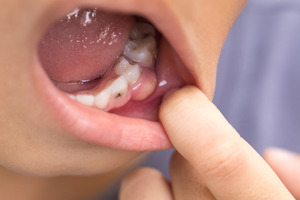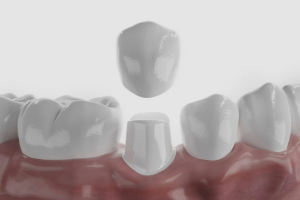
When you’re told that your child has a cavity, you may find yourself being overwhelmed with guilt. As your child’s caregiver, it can be all too easy to wonder, “Could I have prevented this?” However, it’s important to remember that while tooth decay is often preventable, some children are simply more prone to developing it than others. As a parent, you should familiarize yourself with the risk factors for cavities that are outside of your control – as well as the steps you can take to care for your child’s smile.
(more…)









